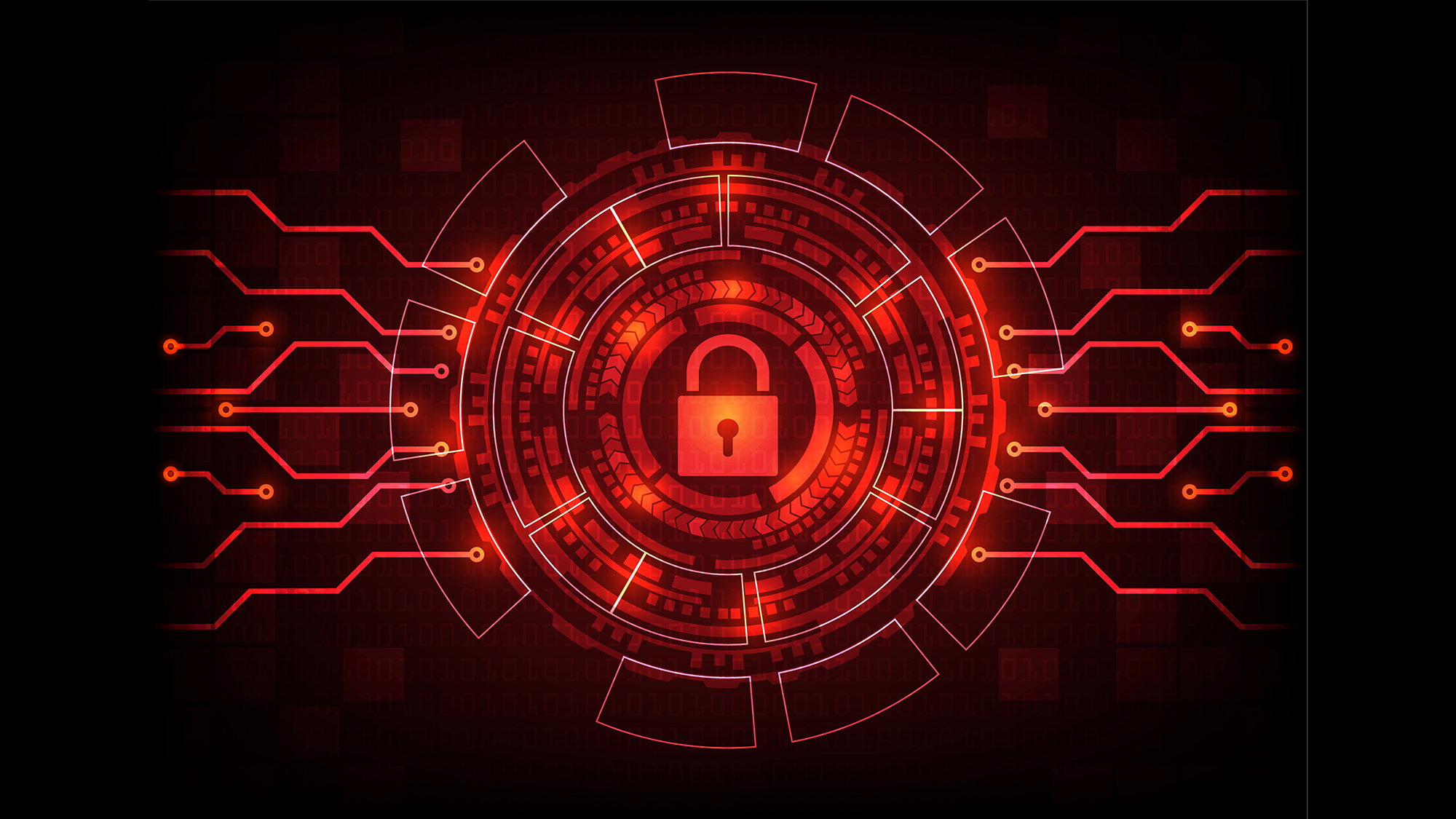Leading ASP.NET host crippled by ransomware attack
The platform is working to restore services to more than 440,000 affected customers


A widely-used ASP.NET service provider, used by more than 440,000 customers, was taken offline on Saturday after cyber criminals targeted its systems with ransomware.
SmarterASP confirmed this weekend that its hosting services were under attack, with hackers encrypting all the data belonging to itself as well as its 440,441 users. The SmarterASP website, too, was taken offline on Saturday before it was restored the next day.
"Your hosting account was under attack and hackers have encrypted all your data," the provider said in a statement.
The most popular ransomware strains targeting UK businesses How to keep your files safe from ransomware How can you protect your business from crypto-ransomware?
"We are now working with security experts to try to decrypt your data and also to make sure this would never happen again. Please stay tuned for more info."
The firm advised that users refrain from contacting the company directly, given a shortage of staff to deal with the complaints, and asked users to keep up-to-date with its Facebook page for more information.
SmarterASP subsequently said this morning that it had developed a solution to resolving the problem, but needs more time to fully restore services. Moreover, work is underway on a "new system" built to prevent issues recurring in the future.
"We will dedicate all of our time, money and knowledge on this matter so no customers of ours have to face this again," the followup statement said.
Get the ITPro daily newsletter
Sign up today and you will receive a free copy of our Future Focus 2025 report - the leading guidance on AI, cybersecurity and other IT challenges as per 700+ senior executives
However, no additional detail as to the nature of the new system, or how it would be different from SmarterASP's previous system, was released.
At the time of writing, the company has restored 40% of its customers' affected accounts, according to its Facebook page, and expects most services to be restored over the next 24 hours.
ASP.NET is an open-source web application framework designed for web development based around dynamic design. It was developed by Microsoft to allow developers to build dynamic websites as well as applications and services.
The company hasn't disclosed whether it's restoring its services from an archival or backup system, or whether it's complied with the cyber criminals' ransom demands.
Although the majority of IT security professionals don't believe such ransoms should be paid, 40% would consider paying ransomware demands as it's the easiest method of remediation, according to research.
IT Pro approached the company for more details surrounding the ransomware attack, including what measures it's taken to prevent future attacks.

Keumars Afifi-Sabet is a writer and editor that specialises in public sector, cyber security, and cloud computing. He first joined ITPro as a staff writer in April 2018 and eventually became its Features Editor. Although a regular contributor to other tech sites in the past, these days you will find Keumars on LiveScience, where he runs its Technology section.
-
 How the UK MoJ achieved secure networks for prisons and offices with Palo Alto Networks
How the UK MoJ achieved secure networks for prisons and offices with Palo Alto NetworksCase study Adopting zero trust is a necessity when your own users are trying to launch cyber attacks
By Rory Bathgate
-
 Putting small language models under the microscope
Putting small language models under the microscopeITPro Podcast The benefits of small language models are undeniable – but they're no silver bullet
By Rory Bathgate
-
 Cleo attack victim list grows as Hertz confirms customer data stolen – and security experts say it won't be the last
Cleo attack victim list grows as Hertz confirms customer data stolen – and security experts say it won't be the lastNews Hertz has confirmed it suffered a data breach as a result of the Cleo zero-day vulnerability in late 2024, with the car rental giant warning that customer data was stolen.
By Ross Kelly
-
 ‘Phishing kits are a force multiplier': Cheap cyber crime kits can be bought on the dark web for less than $25 – and experts warn it’s lowering the barrier of entry for amateur hackers
‘Phishing kits are a force multiplier': Cheap cyber crime kits can be bought on the dark web for less than $25 – and experts warn it’s lowering the barrier of entry for amateur hackersNews Research from NordVPN shows phishing kits are now widely available on the dark web and via messaging apps like Telegram, and are often selling for less than $25.
By Emma Woollacott
-
 Healthcare systems are rife with exploits — and ransomware gangs have noticed
Healthcare systems are rife with exploits — and ransomware gangs have noticedNews Nearly nine-in-ten healthcare organizations have medical devices that are vulnerable to exploits, and ransomware groups are taking notice.
By Nicole Kobie
-
 Alleged LockBit developer extradited to the US
Alleged LockBit developer extradited to the USNews A Russian-Israeli man has been extradited to the US amid accusations of being a key LockBit ransomware developer.
By Emma Woollacott
-
 February was the worst month on record for ransomware attacks – and one threat group had a field day
February was the worst month on record for ransomware attacks – and one threat group had a field dayNews February 2025 was the worst month on record for the number of ransomware attacks, according to new research from Bitdefender.
By Emma Woollacott
-
 CISA issues warning over Medusa ransomware after 300 victims from critical sectors impacted
CISA issues warning over Medusa ransomware after 300 victims from critical sectors impactedNews The Medusa ransomware as a Service operation compromised twice as many organizations at the start of 2025 compared to 2024
By Solomon Klappholz
-
 Warning issued over prolific 'Ghost' ransomware group
Warning issued over prolific 'Ghost' ransomware groupNews The Ghost ransomware group is known to act fast and exploit vulnerabilities in public-facing appliances
By Solomon Klappholz
-
 The Zservers takedown is another big win for law enforcement
The Zservers takedown is another big win for law enforcementNews LockBit has been dealt another blow by law enforcement after Dutch police took 127 of its servers offline
By Solomon Klappholz